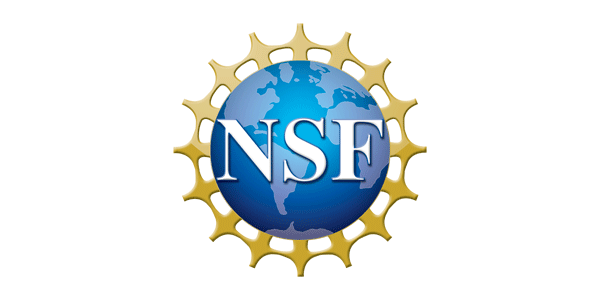About

About
- RIT/
- AWARE-AI NRT/
- About
Contact
Cecilia Alm, AWARE-AI NRT Director
Cecilia.O.Alm@rit.edu
AWARE-AI Project Coordinator
awareainrt@rit.edu
Abstract
Sensing-based artificial intelligence (AI) systems use information gathered from humans to make predictions and respond to humans in numerous applications. As these systems become more widespread, enormous research challenges are emerging. These AI systems must react responsibly and flexibly, respect privacy, and achieve trustworthiness to avoid unintended consequences at a larger societal scale.
To address these challenges, gaps in graduate education programs related to AI will need to be bridged to create a growing and sustainable pipeline of well-rounded AI scientists and engineers who understand software, hardware, human-computer interaction, and human cognitive aspects of this technology, as well as ethical considerations. To ensure AI technology is well-designed to improve all citizens' productivity, welfare, and safety, it is also vital to build a research workforce.
The AWARE-AI National Science Foundation Research Traineeship (NRT) award to the Rochester Institute of Technology provides unique training to a cross-disciplinary student body, whose members will be future research leaders in developing responsible, human-aware AI technologies. The project anticipates training 75 master’s and Ph.D. students, including 25 funded trainees, from computing and information sciences, engineering, mathematics, psychology, and imaging science.
AI Skills Gaps Addressed
The NRT educational training curriculum addresses key gaps in AI instruction for preparing the U.S. research workforce:
- Understanding human factors
- Explainable AI interfaces
- Multidisciplinary flexibility
- Handle real tasks and data
- Conscientious deployment
- Human-aware algorithms
- Emerging methods and impacts
- Responsible data release
- Sensing-AI project planning
- Promoting real effective teams
- Effective team career strategies
- Sensing-AI team science
- Heterogenous sensing methods

This material is based upon work supported by the National Science Foundation under Award No. DGE-2125362. Any opinions, findings, and conclusions or recommendations expressed in this material are those of the author(s) and do not necessarily reflect the views of the National Science Foundation.